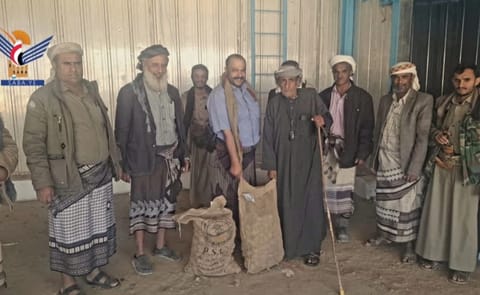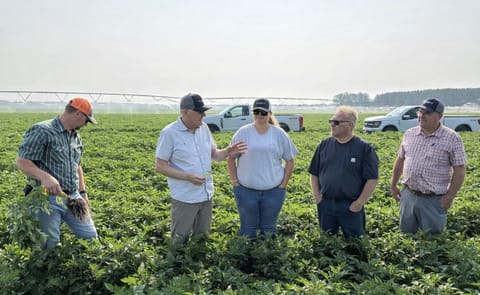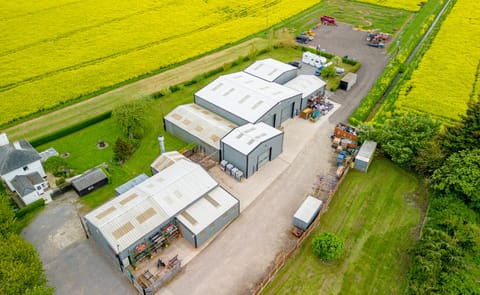USDA Announces Deregulation Extension of Potato Developed Using Genetic Engineering
Solapas principales
USDA Extends Deregulation of Simplot Potato Varieties Developed Using Genetic Engineering

The U.S. Department of Agriculture’s (USDA) Animal and Plant Health Inspection Service (APHIS) is extending deregulation to J.R. Simplot Company’s (Simplot) potato variety developed using genetic engineering, designated as Snowden Z6 (Z6 potato).
The potato variety is engineered for late blight protection, lowered reducing sugars, low acrylamide potential and reduced black spot bruising.
APHIS previously reviewed and deregulated these traits in another Simplot potato variety, referred to as Innate W8 Russet Burbank potato (W8 potato).
APHIS reviewed Simplot's extension request for its Z6 potato variety and prepared a Plant Pest Risk Similarity Assessment (PPRSA) and preliminary determination of nonregulated status, concluding Z6 potatoes are not more likely to pose a plant pest risk than the previously deregulated W8 potatoes.
APHIS reached a Record of Categorical Exclusion Determination based on its similarity assessment.
APHIS made the PPRSA and preliminary determination available for a 30-day public review and comment period on June 25, 2020. After considering the public comments, APHIS has determined Z6 potato is unlikely to post a plant pest risk and is extending deregulation to the Z6 potato line.
A copy of the extension request and supporting documents can be found on the News page of the BRS website.
USDA touches the lives of all Americans each day in so many positive ways. In the Biden-Harris Administration, USDA is transforming America's food system with a greater focus on more resilient local and regional food production, fairer markets for all producers, ensuring access to safe, healthy, and nutritious food in all communities, building new markets and streams of income for farmers and producers using climate-smart food and forestry practices, making historic investments in infrastructure and clean energy capabilities in rural America, and committing to equity across the Department by removing systemic barriers and building a workforce more representative of America.
The potato variety is engineered for late blight protection, lowered reducing sugars, low acrylamide potential and reduced black spot bruising.
APHIS previously reviewed and deregulated these traits in another Simplot potato variety, referred to as Innate W8 Russet Burbank potato (W8 potato).
APHIS reviewed Simplot's extension request for its Z6 potato variety and prepared a Plant Pest Risk Similarity Assessment (PPRSA) and preliminary determination of nonregulated status, concluding Z6 potatoes are not more likely to pose a plant pest risk than the previously deregulated W8 potatoes.
APHIS reached a Record of Categorical Exclusion Determination based on its similarity assessment.
APHIS made the PPRSA and preliminary determination available for a 30-day public review and comment period on June 25, 2020. After considering the public comments, APHIS has determined Z6 potato is unlikely to post a plant pest risk and is extending deregulation to the Z6 potato line.
A copy of the extension request and supporting documents can be found on the News page of the BRS website.
USDA touches the lives of all Americans each day in so many positive ways. In the Biden-Harris Administration, USDA is transforming America's food system with a greater focus on more resilient local and regional food production, fairer markets for all producers, ensuring access to safe, healthy, and nutritious food in all communities, building new markets and streams of income for farmers and producers using climate-smart food and forestry practices, making historic investments in infrastructure and clean energy capabilities in rural America, and committing to equity across the Department by removing systemic barriers and building a workforce more representative of America.
¿Te gustaría recibir noticias como esta por correo electrónico? ¡Únete y suscríbete!
Get the latest potato industry news straight to your WhatsApp. Join the PotatoPro WhatsApp Community!
Empresa Destacada
Contenido Patrocinado
Contenido Patrocinado
Contenido Patrocinado
Contenido Patrocinado









